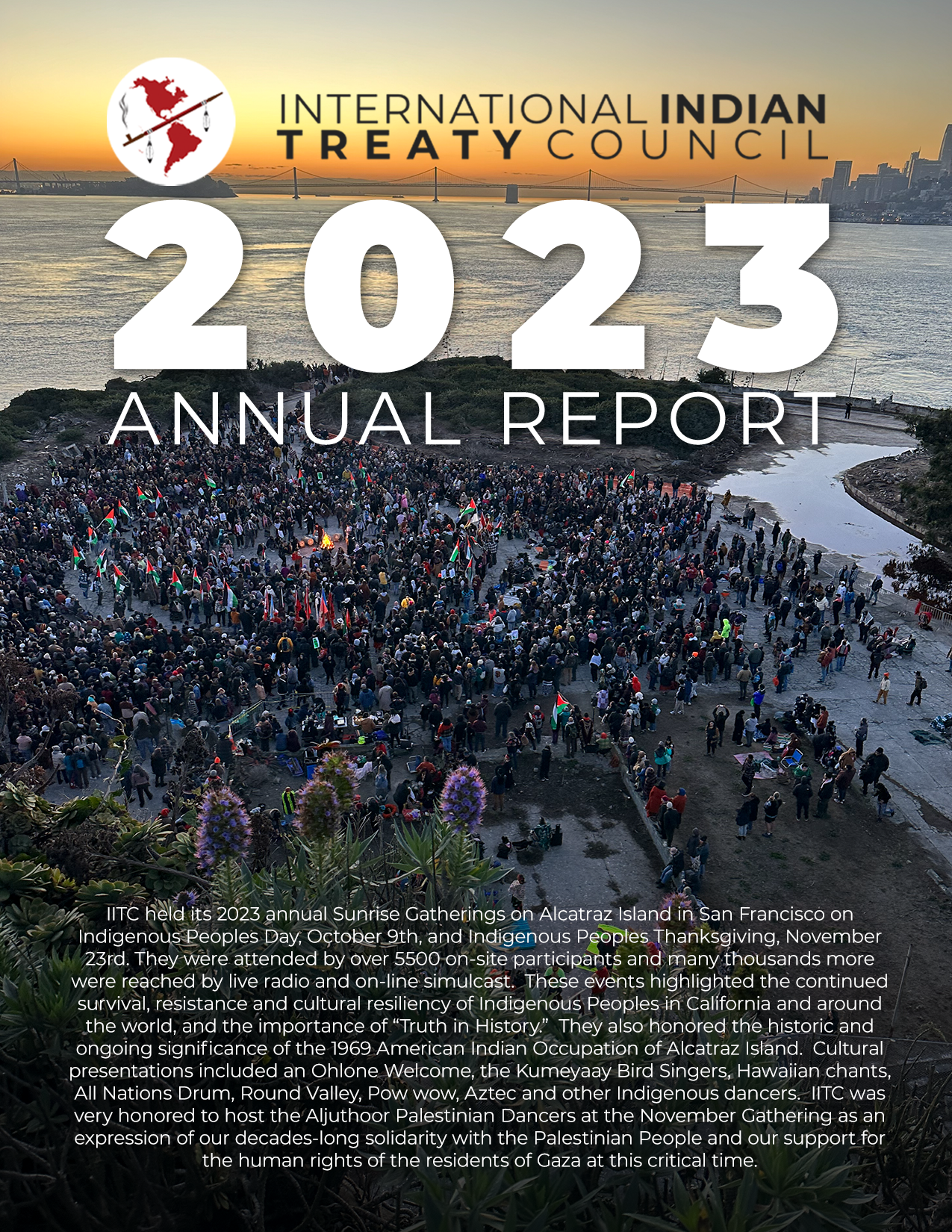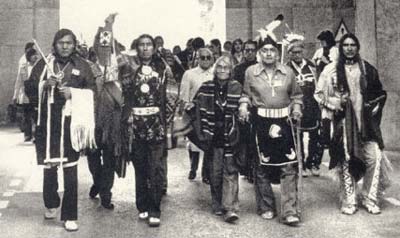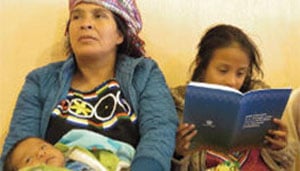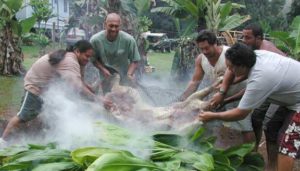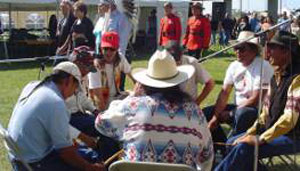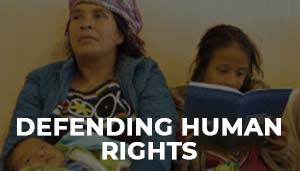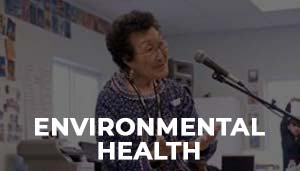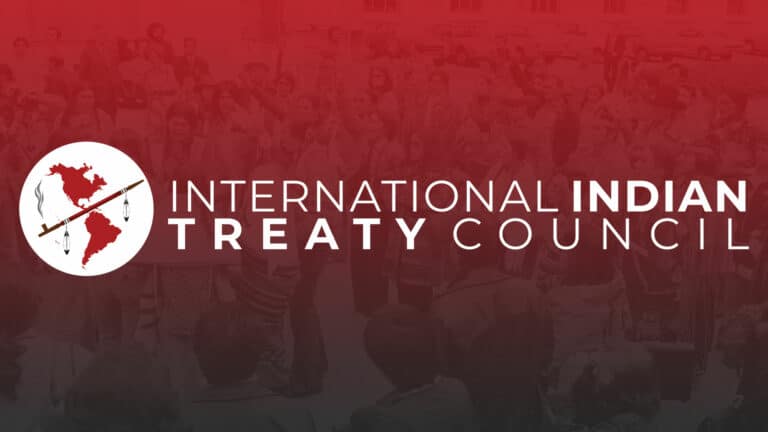
The UN Guiding Principles on Business & Human Rights and Indigenous Peoples – Progress achieved, the implementation gap and challenges for the next Decade produced by IWGIA and Indigenous Peoples Rights International.
Download the publication here: UNGuidingPrinciples
Excerpt:
The adoption of the UN Guiding Principles on Business and Human Rights (UNGPs) on June 16th, 2011 was a milestone achievement by the international community. The first decade of their implementation has seen progress in terms of policy level commitments to protect and respect human rights in the context of business activities. These developments have helped raise awareness and bring necessary attention to the concerns of Indigenous Peoples in relation to business.
Nonetheless, Indigenous Peoples continue facing gross human rights violations related to business activities in their traditional lands and territories. Moreover, new and emerging threats such increasing violence and killings on indigenous land and of environmental defenders and the growing trend towards criminalization through “anti-terror” have put at risk Indigenous rights defenders and their communities when opposing business projects in their lands and territories.
One of the key findings of the publication, is that that there is a vast gap between policies and declarations, on the one hand, and practice on the ground, on the other. Crucially, the publication highlights that where there is documented changes on the ground, Indigenous Peoples themselves have been the key drivers of change during the last decade. They have achieved this positive change through the development and implementation of their own autonomous governments and protocols for Free, Prior Informed Consent processes.
During the last Decade, Indigenous Peoples , through the development and implementation of their own autonomous governments and protocols for Free, Prior Informed Consent processes, have successfully laid the foundations for a truly rights-based engagement between themselves, states, business enterprises and other players.
Share this post
The UN Guiding Principles on Business & Human Rights and Indigenous Peoples
The UN Guiding Principles on Business & Human Rights and Indigenous Peoples – Progress achieved, the implementation gap and challenges for the next Decade produced by IWGIA and Indigenous Peoples Rights International.
Download the publication here: UNGuidingPrinciples
Excerpt:
The adoption of the UN Guiding Principles on Business and Human Rights (UNGPs) on June 16th, 2011 was a milestone achievement by the international community. The first decade of their implementation has seen progress in terms of policy level commitments to protect and respect human rights in the context of business activities. These developments have helped raise awareness and bring necessary attention to the concerns of Indigenous Peoples in relation to business.
Nonetheless, Indigenous Peoples continue facing gross human rights violations related to business activities in their traditional lands and territories. Moreover, new and emerging threats such increasing violence and killings on indigenous land and of environmental defenders and the growing trend towards criminalization through “anti-terror” have put at risk Indigenous rights defenders and their communities when opposing business projects in their lands and territories.
One of the key findings of the publication, is that that there is a vast gap between policies and declarations, on the one hand, and practice on the ground, on the other. Crucially, the publication highlights that where there is documented changes on the ground, Indigenous Peoples themselves have been the key drivers of change during the last decade. They have achieved this positive change through the development and implementation of their own autonomous governments and protocols for Free, Prior Informed Consent processes.
During the last Decade, Indigenous Peoples , through the development and implementation of their own autonomous governments and protocols for Free, Prior Informed Consent processes, have successfully laid the foundations for a truly rights-based engagement between themselves, states, business enterprises and other players.
